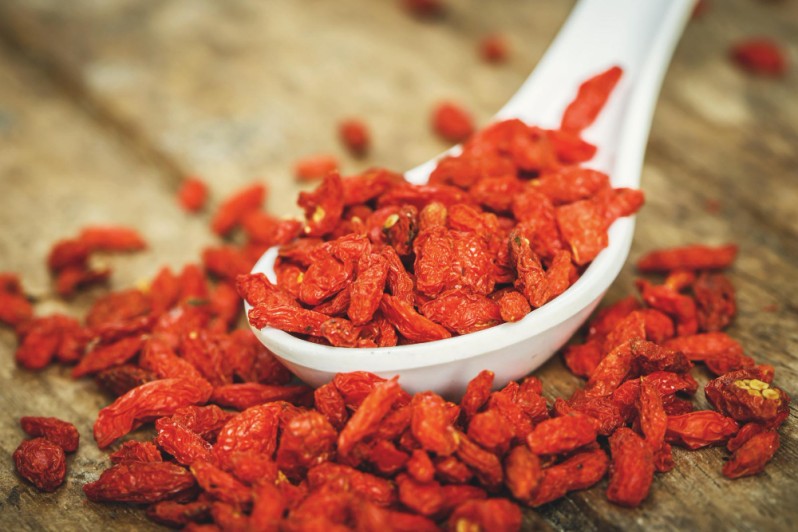
In the world of nutrition, "superfoods" have been the stars of the show for some time. They are promoted as potent foods packed with nutrients and offer a range of health benefits. But are these foods really as superior as they are claimed to be? In this article, we delve into the concept of superfoods, investigate which foods belong to this category, and reveal the truth behind the hype.
What Are Superfoods Really? A Closer Look
Superfoods are foods that are often considered extraordinarily healthy due to their high content of vitamins, minerals, and antioxidants. They have a reputation for being beneficial to health, from strengthening the immune system to promoting heart health and more. However, this term is not legally defined and can be used by anyone. Therefore, a variety of foods can fall under this label.
Superfoods in the Spotlight: Popular Examples
The list of popular superfoods often includes foods such as goji berries, chia seeds, quinoa, spirulina, turmeric, cocoa beans, hemp seeds, and wheatgrass. In addition, 'common' products like berries, red grapes, garlic, fatty fish, olive oil, and dark chocolate are also seen as superfoods. Each of these foods has unique properties and benefits, leading to their growing popularity in health and wellness circles.

goji berries
Nutritional Value vs. Marketing: Are Superfoods Really Better?
While superfoods are undeniably rich in nutrients, it's essential to understand the difference between real nutritional value and marketing hype. Not every "superfood" necessarily offers more health benefits than traditional fruits and vegetables. It's crucial to critically evaluate product claims and rely on scientific evidence. In fact, many health claims about superfoods are not adequately backed by science.
Diversity in Nutrition: The Importance of a Balanced Diet
Focusing solely on a few superfoods can lead to overlooking other essential foods. A varied and balanced diet, rich in vegetables, fruits, whole grains, proteins, and healthy fats, provides the best foundation for overall health. The Nutrition Center emphasizes that no single food can provide all the essential nutrients the body needs. Eating a varied diet according to the Five Food Groups Plate is the best way to get all the essential nutrients.
The "Superfood" Label: What Really Matters?
While the term "superfood" sounds tempting, it's more important to look at the overall nutritional value of a product. Many traditional foods offer as many, if not more, health benefits than those labeled as "superfood". Some superfoods can also have negative effects when consumed in excess, such as nausea from consuming large quantities of goji berries.
Conclusion:
Superfoods can be a great addition to a balanced diet, but it's important to look beyond the marketing and focus on a varied and nutrient-rich diet. The real "superiority" of foods lies in the diversity and completeness of the nutrition they offer.
